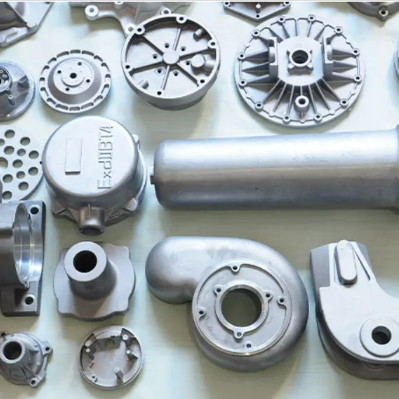Mobile:+86-311-808-126-83
Email:info@ydcastings.com
Steel Impellers for Enhanced Performance and Durability in Industrial Applications
The Importance of Steel Impellers in Modern Engineering
Steel impellers play a crucial role in various engineering applications, particularly in the fields of fluid dynamics and mechanical systems. These components are vital for the efficient transfer of energy within pumps, turbines, and compressors. The unique properties of steel, such as its strength, durability, and resistance to wear, make it an ideal material for manufacturing impellers that can withstand the rigors of industrial environments.
An impeller functions by converting rotational energy from a motor into kinetic energy in a fluid. When rotating, the blades of the impeller propel the fluid outward, creating a pressure differential that enables the flow of liquids or gases. The efficiency of an impeller is critical in determining the overall performance of the system it operates within. Hence, using high-quality materials like steel ensures that the impeller can maintain its structural integrity and functionality over time.
One of the primary advantages of steel impellers is their ability to handle high-pressure applications. In industries such as oil and gas, chemical processing, and water treatment, impellers must perform reliably under extreme conditions. Steel's tensile strength allows for the design of impellers that can manage these pressures without deforming or failing. Furthermore, advancements in metallurgy have led to the development of specialized steel grades that offer enhanced corrosion resistance, making them suitable for harsh chemical environments.
steel impeller

In addition to functionality, the design of steel impellers can significantly influence overall system efficiency. Engineers meticulously design the geometry of the impeller blades to optimize flow patterns and minimize energy losses. Computational fluid dynamics (CFD) simulations are often employed in the design process to predict performance outcomes and refine designs before physical prototypes are produced. This iterative approach not only improves performance but also contributes to reducing operational costs.
Maintenance is another area where steel impellers showcase their benefits. Due to their robust nature, these components often require less frequent replacement compared to those made from less durable materials. This longevity translates to reduced downtime and lower maintenance costs, offering an economic advantage to industries reliant on these systems.
In summary, steel impellers are an integral part of modern engineering, delivering exceptional performance, reliability, and efficiency across various applications. Their ability to withstand challenging conditions while maintaining structural integrity makes them indispensable in industries that demand high performance from their equipment. As engineering technology continues to evolve, the role of steel impellers will undoubtedly remain critical in driving future innovations.
-
Understanding Metal Casting TechniquesNewsApr.02,2025
-
Understanding Exhaust Manifolds for Enhanced Engine PerformanceNewsApr.02,2025
-
The World of Metal FabricationNewsApr.02,2025
-
Key Components for Pump and Turbo EfficiencyNewsApr.02,2025
-
Essential Tools for Automotive Maintenance and RepairNewsApr.02,2025
-
Durable Valve Components for Effective Water ManagementNewsApr.02,2025











